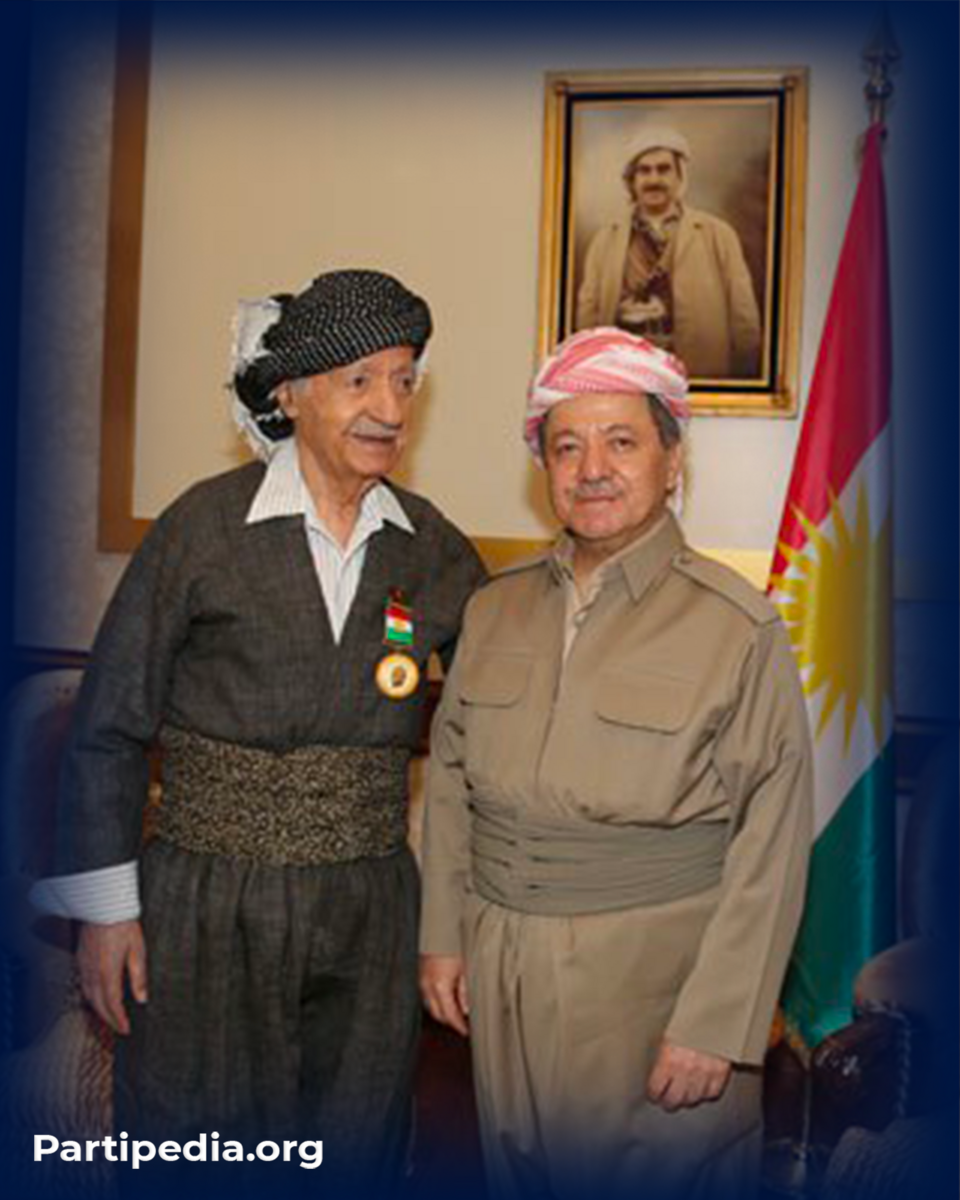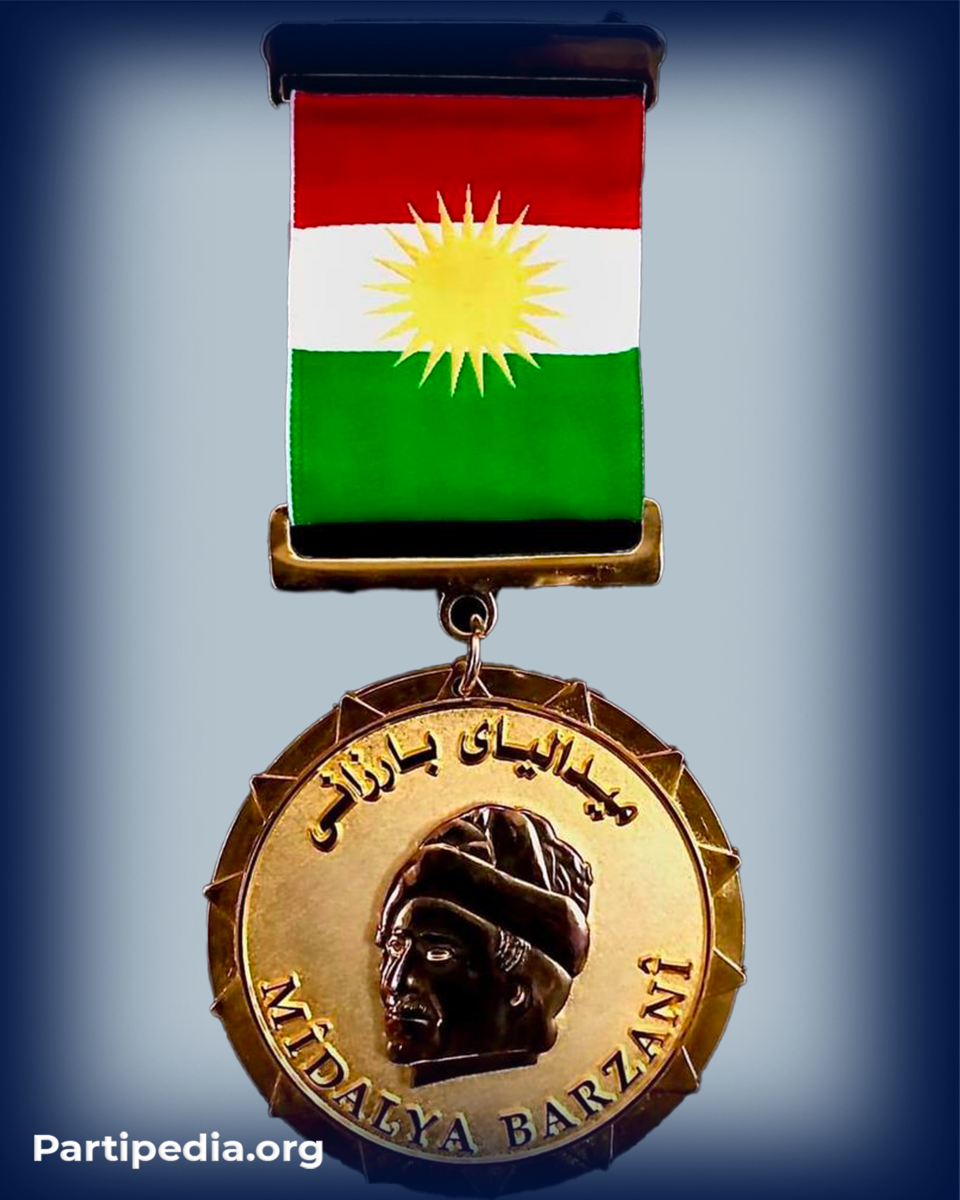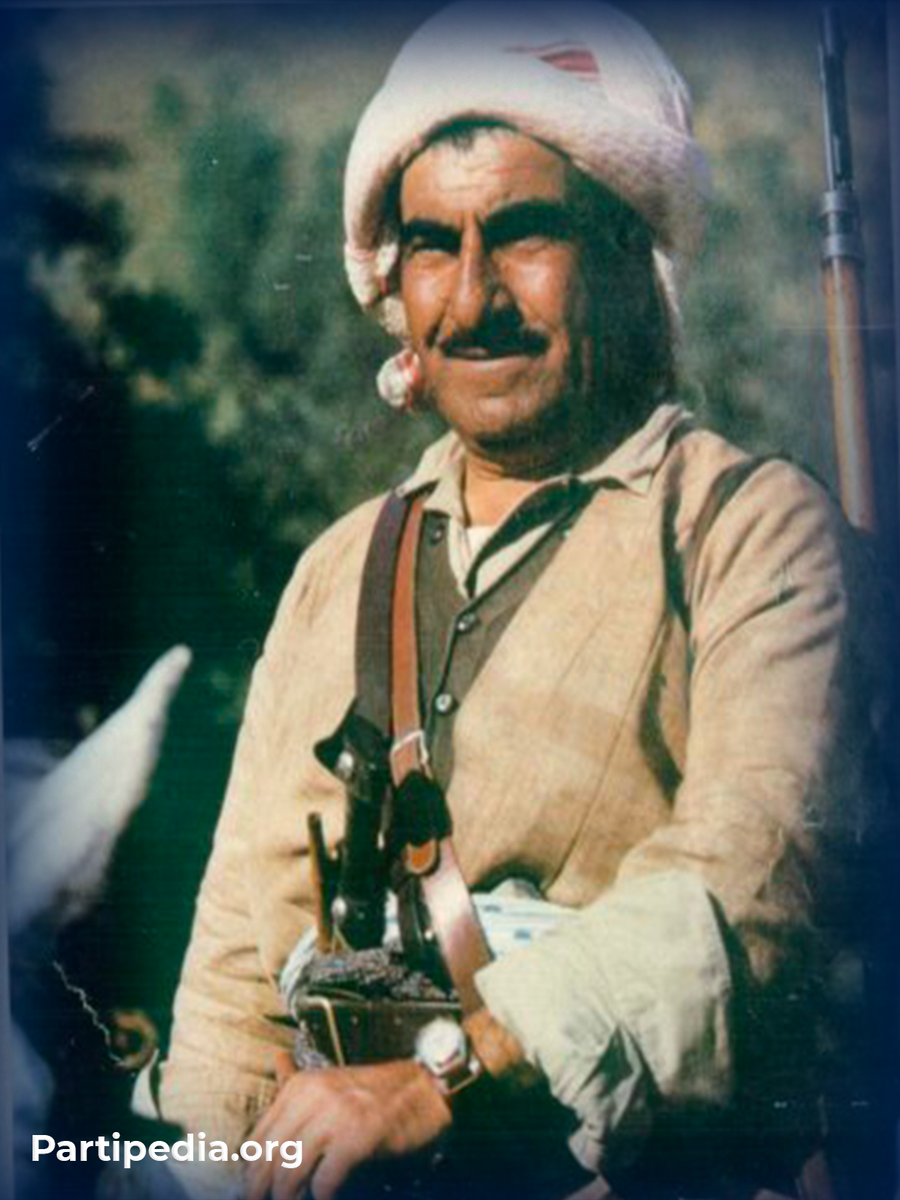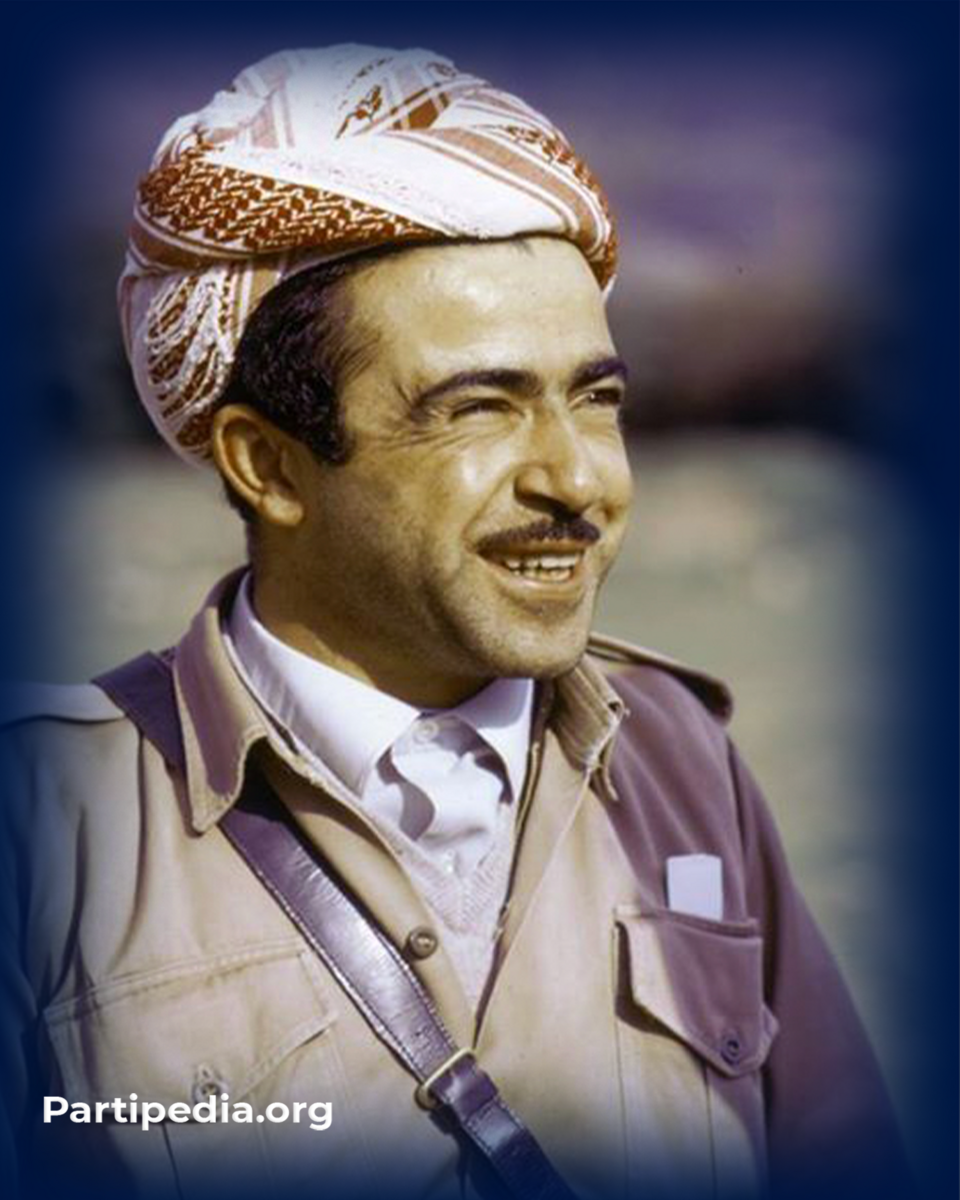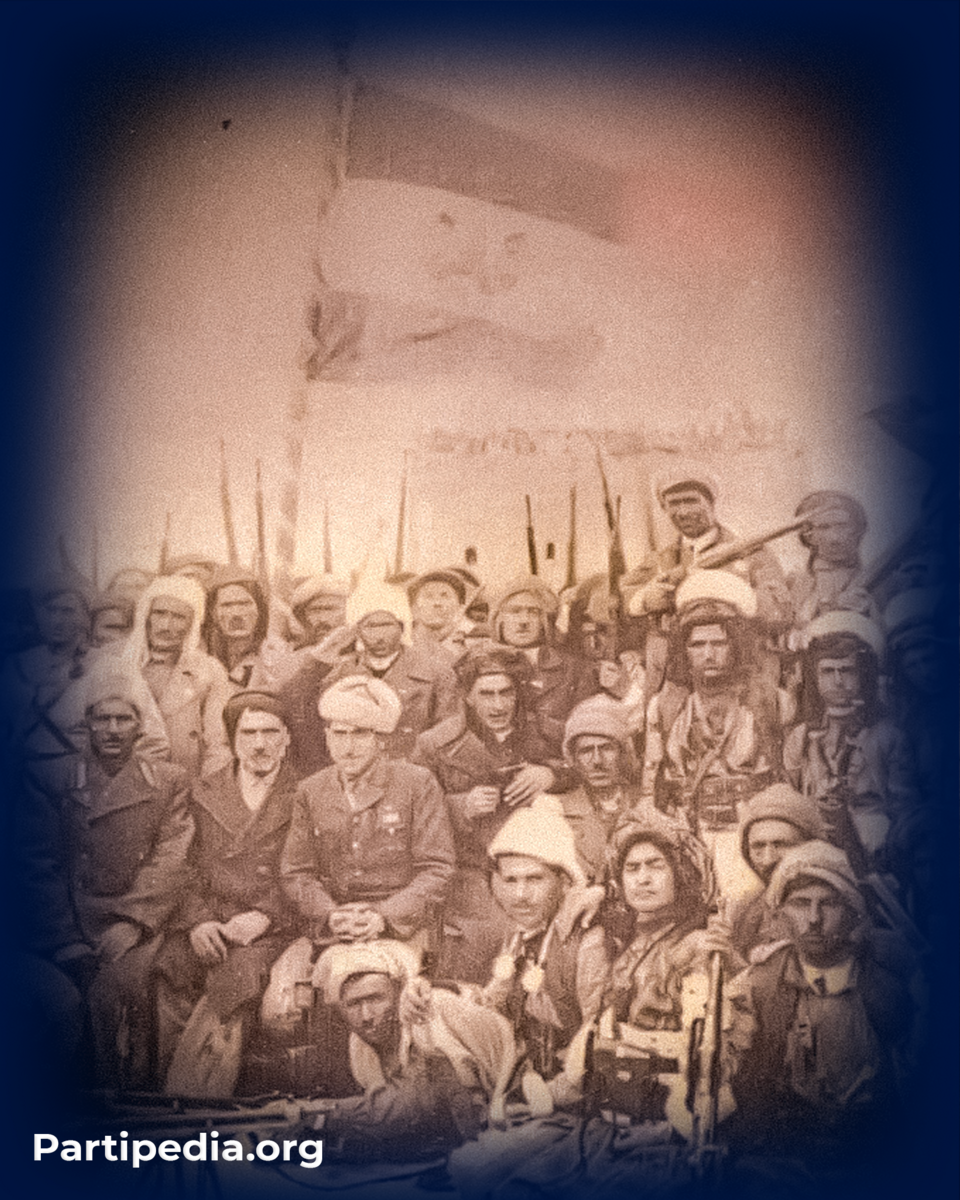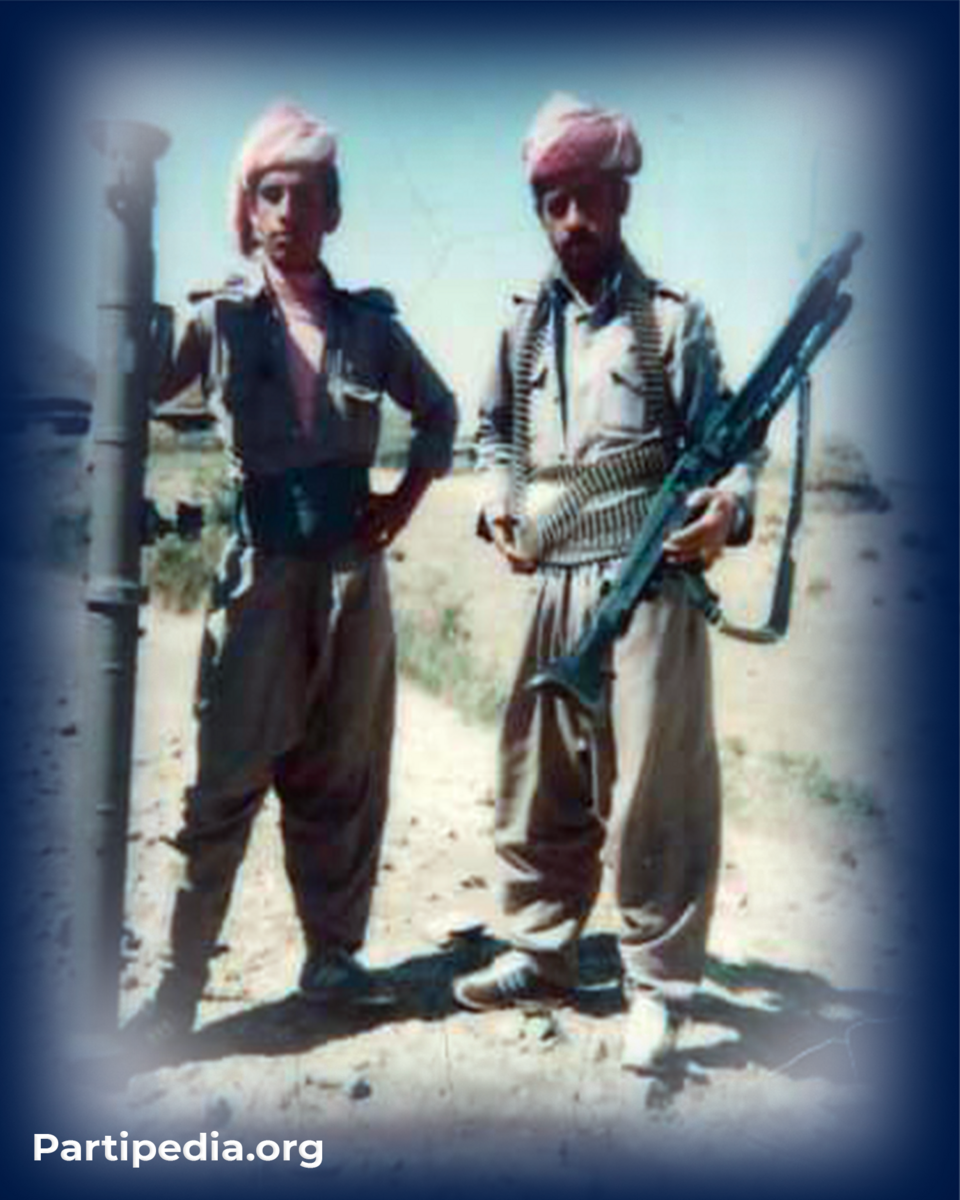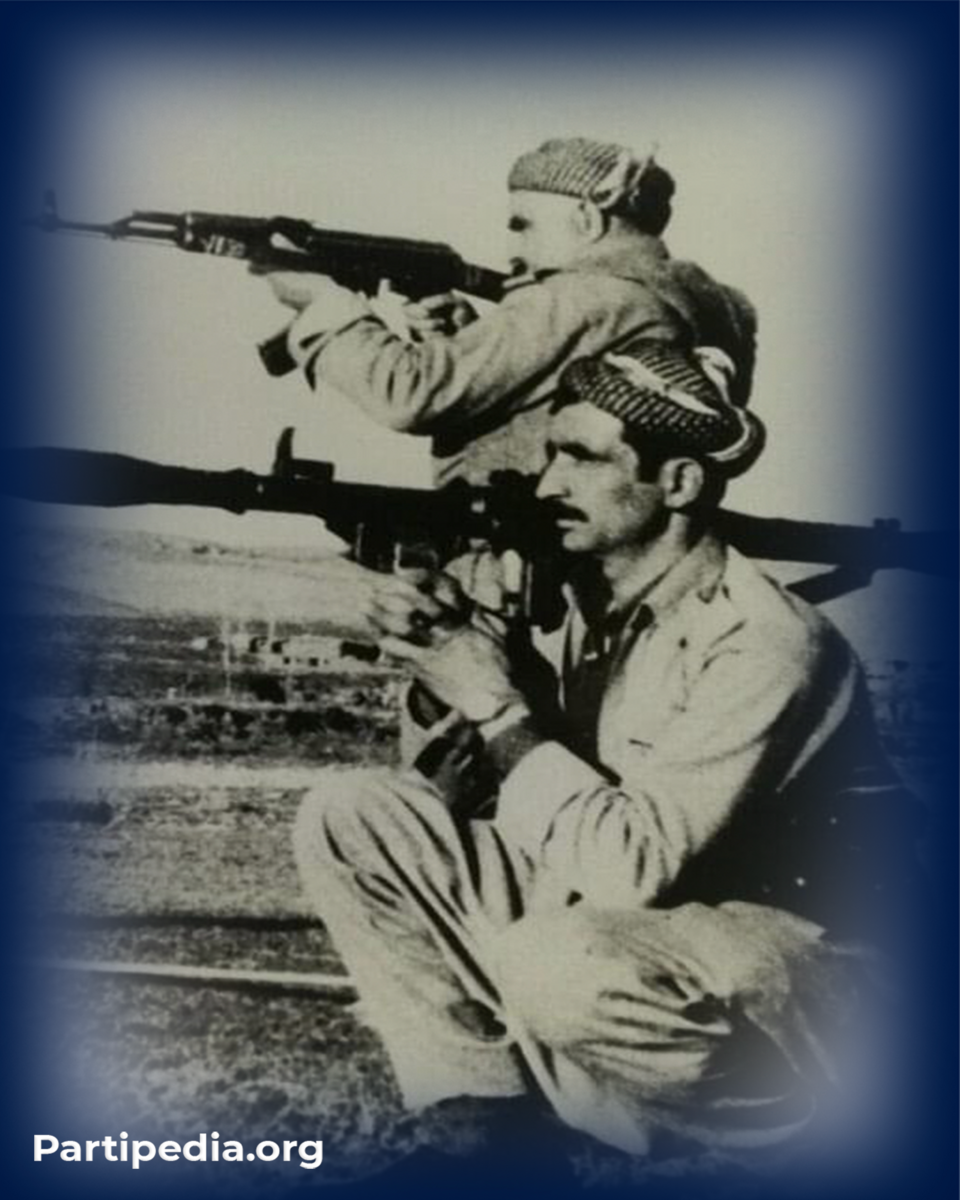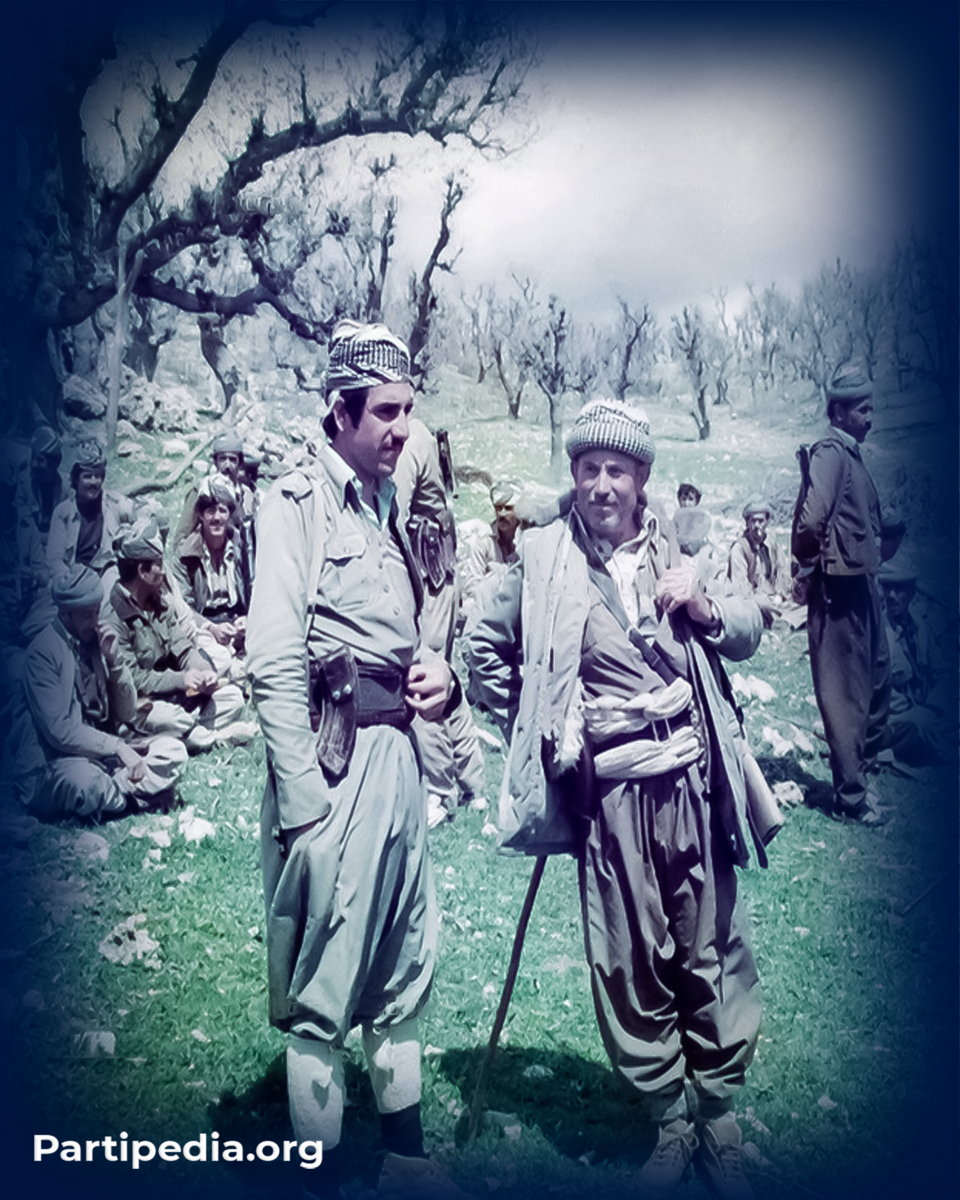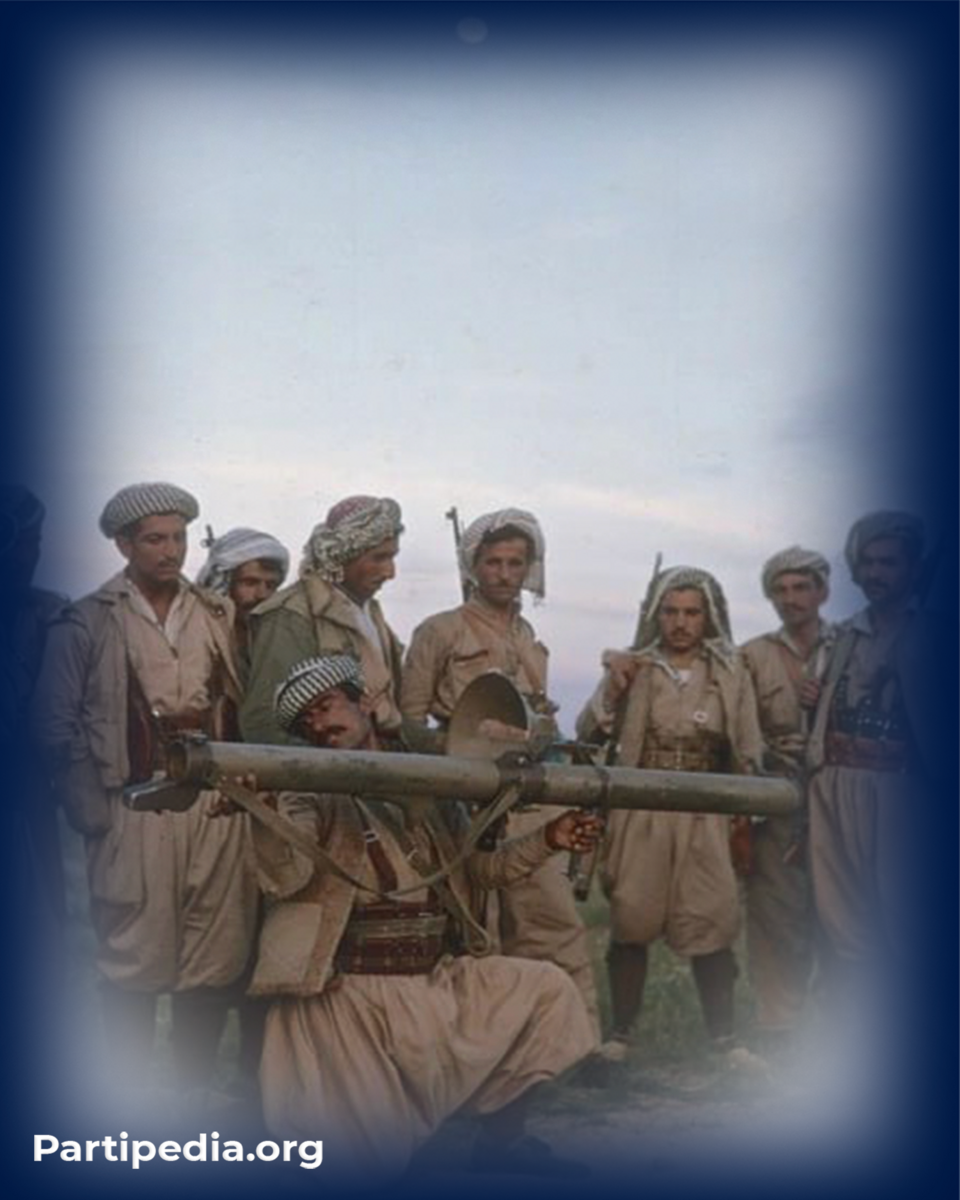Aziz Mohammed
Aziz Mohammed Abdullah was born on July 1, 1924, in the village of Berkot near Erbil. His father was a humble Kurdish farmer, while his mother, originally from North Kurdistan, was the daughter of a mullah from the Wan and Bash Qalawa regions.
More Info



